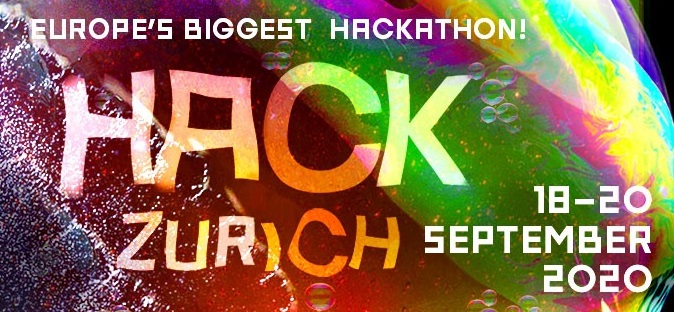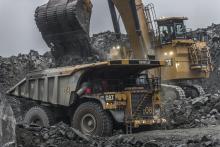
The company is using its LH MAQER open innovation platform to connect with participants at the hackathon which takes place from September 18-20. The theme is divided into four focus areas: demolition waste, transportation, plastic waste and biodiversity.
The event convenes around 1,000 international participants from a global pool of 5,500 applications, representing several elite universities from more than 85 countries. These tech talents develop highly innovative web-, mobile- and hardware applications during a 40-hours hackathon in teams of two to four people.
LafargeHolcim CEO Jan Jenisch said: "Open innovation will play an increasingly important role in the future of our industry as we work with startup ecosystems to turn our greatest challenges into innovation opportunities.”
The company says its participation is part of its broader open innovation efforts to reinvent how the world builds, shaping greener and smarter solutions. It adds that, more specifically, LH MAQER continuously identifies opportunities for open innovation across the company’s more than 70 markets, working closely with startups, entrepreneurs and venture capitalists.
LH MAQER connects to well-known innovation networks in Paris, San Francisco, Boston and Tel Aviv, as well as to centres of entrepreneurship in the emerging world, including Lagos, Bogota and Mumbai. A major driver of future partnerships is the cleantech ecosystem focusing on sustainable construction.
Since the platform's inception in 2018, LafargeHolcim says that LH MAQER has worked with dozens of startups to run proof-of-concept initiatives, delivering tangible benefits for all parties. LH MAQER connects innovators directly with leaders across LafargeHolcim’s businesses to pilot and scale up relevant digital initiatives. Startups and building materials experts collaborate to explore new applications of technologies and business models. LafargeHolcim says it is open to all cooperation models that add value on the ground and does not make equity share as a condition for collaboration.
For instance, as part of its response to the COVID-19 pandemic, LafargeHolcim joined the “Startups Against Corona” programme as a founding member. This initiative led to a collaboration with the startup Leena AI out of Gurgaon, India, which provides artificial intelligence-driven human resource services globally for remote work teams. Since April 2020 Leena AI’s services have been deployed to identify and best support the needs of over 10,000 LafargeHolcim employees working remotely across India, Africa, Europe and the Americas.






